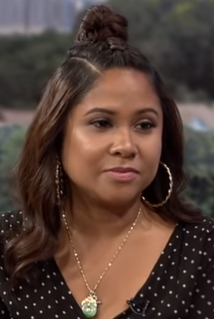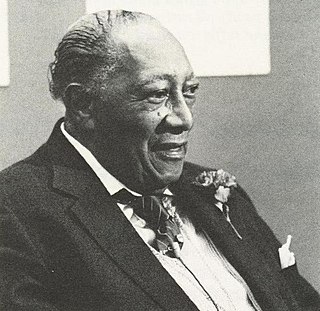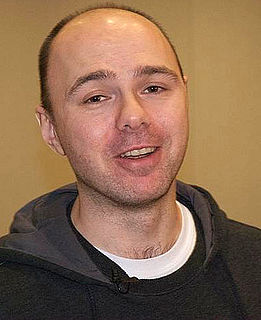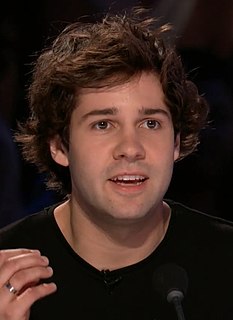A Quote by Angela Yee
I've seen people 'turn up' for the camera, thinking that this is the best way to maximize their platform and get more camera time. This formula works, but it's shortsighted.
Related Quotes
I invented a camera that has an exposure time of one hundred years and the camera works in the simplest possible terms, because anything more complicated is more likely to break down in one way or another. It's a pinhole camera that lets in very low light and instead of exposing film, which is going to spoil within a matter of days or weeks, I'm using ordinary black paper.
When you are interviewing someone, never let your camera person turn off the camera. The second you turn off the camera, they'll say the magic thing that you'd been looking for the whole interview. People want to relax after the performance is done. Don't be afraid of awkward silence. That is your friend.
I've been working in Hollywood for a long time now in many different aspects in front of the camera, behind the camera, and I've worked with top executives, presidents of networks. I've worked all around. I see energy and what's around these studios and a lot of these offices. You don't get the high positions in these companies if you don't take advantage of other people in some way. I've seen that around. I've seen that around the studios, whether it's producers or whoever. Egos are there. Greed.
The camera has a mind of its own--its own point of view. Then the human bearer of time stumbles into the camera's gaze--the camera's domain of pristine space hitherto untraversed is now contaminated by human temporality. Intrusion occurs, but the camera remains transfixed by its object. It doesn't care. The camera has no human fears.
I have received the digital camera as a blessing. It has really changed my life as a filmmaker, because I don't use my camera anymore as a camera. I don't feel it as a camera. I feel it as a friend, as something that doesn't make an impression on people, that doesn't make them feel uncomfortable, and that is completely forgotten in my way of approaching life and people and film.
A huge part of what we do as actors is learning to ignore the camera, as if it's not even there, while simultaneously being very aware of the camera and what it's capturing, because you can give the best performance of your life, but if you do it with the back of your head facing the camera, it's going to get cut from the movie.



































